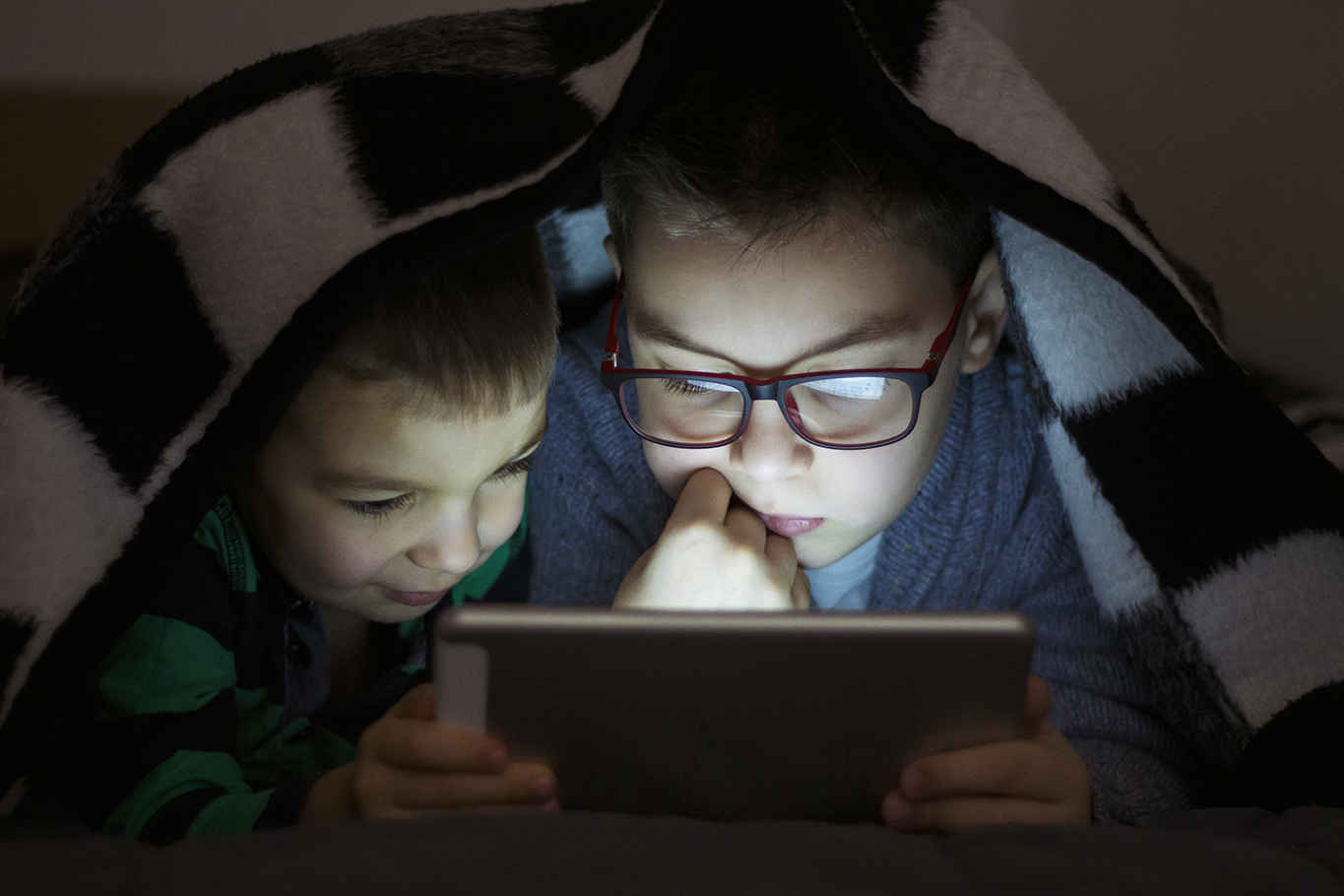
The University of Michigan Health C.S. Mott Children’s Hospital National Poll on Children’s Health reveals that more than 50% of parents rank mental health concerns as their children’s top health issue.
Emotional health and technology usage dominate this year’s list of parental concerns, surpassing childhood obesity, which was the leading concern a decade ago.
Mott Poll co-director Susan Woolford, M.D., M.P.H., notes that parents now prioritize mental health, social media, and screen time over concerns about physical health like unhealthy eating and obesity.
The poll, based on 2,099 responses collected in February, indicates that over two-thirds of parents are worried about their children’s excessive device usage and social media engagement. These concerns ranked highest on the list of children’s health worries.
Woolford suggests regular evaluation of children’s technology usage and the potential for limiting it when unhealthy interactions or behaviors arise. The poll highlights concerns about children’s mental health, including depression, suicide, stress, anxiety, and bullying.
A significant number of parents are also worried about the lack of access to mental health services, highlighting the mismatch between mental health concerns and available services.
School violence emerges as a notable concern, possibly stemming from direct experiences with incidents or media coverage. Woolford suggests discussing school safety with children, avoiding graphic details, and reassuring them about school safety measures.
Parents in low-income households prioritize a broader range of concerns, including depression, bullying, unsafe neighborhoods, discrimination, and pollution health risks.
Parents in higher-income households, on the other hand, focus more on device and social media overuse. Woolford attributes differences to day-to-day experiences and environmental challenges.
Despite variations, parents across income groups share concerns about unhealthy diet, obesity, healthcare costs, and insufficient mental health services.
Woolford emphasizes the changing educational environment and increased mental health challenges children face. She advocates collaboration with schools, mentors, and healthcare providers to address ongoing and emerging health concerns. Regular communication with children is also vital to foster openness about their physical and emotional experiences.










